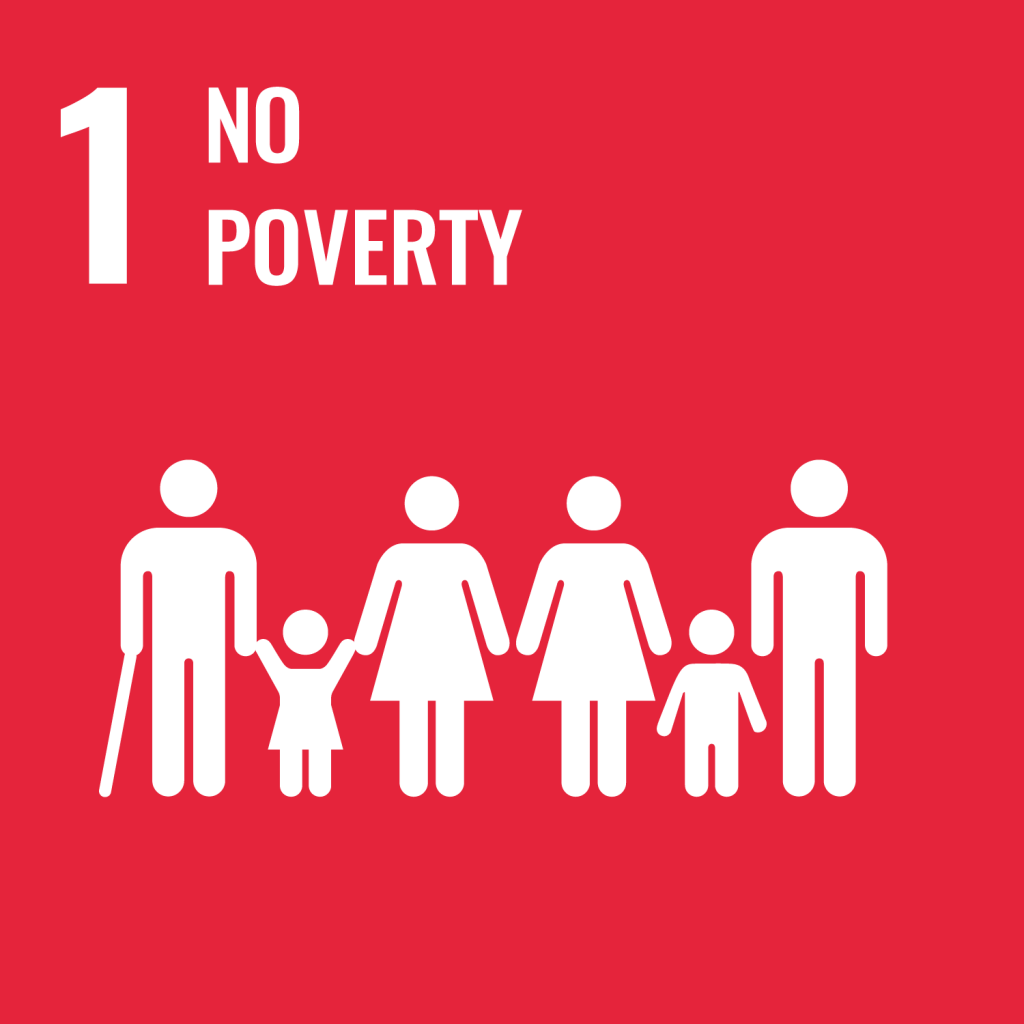Economic disparities contribute to poverty, exacerbated by global trade structures. This leads to issues like hunger and limited education. Global efforts prioritize equal access to basic needs, aiming for sustainable poverty solutions.

University anti-poverty initiatives contribute to SDG 1 by developing educational frameworks and community partnerships that address root causes of poverty. Through targeted scholarships, financial literacy education, and inclusive support systems, universities empower individuals with knowledge and skills necessary for long-term economic stability and prosperity.
Community-based anti-poverty programs play a pivotal role in achieving SDG 1, focusing on local empowerment and resource allocation to alleviate hardship. These initiatives bolster self-sufficiency through skills training, microfinance, and access to basic services, fostering a sustainable foundation for eradicating poverty within communities.